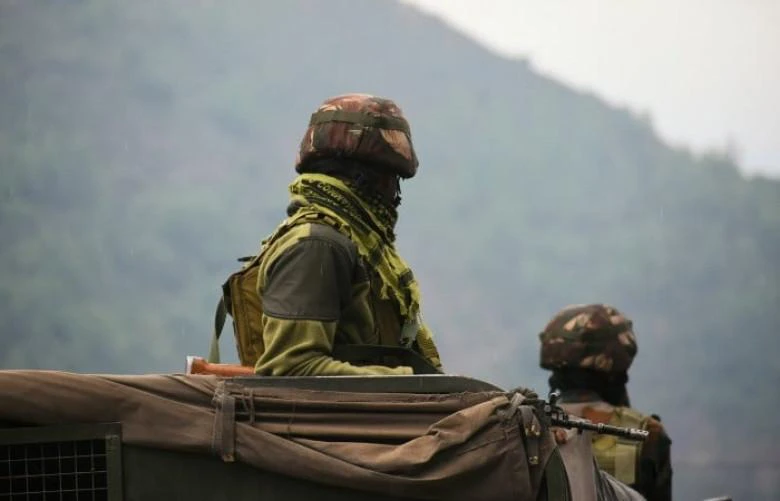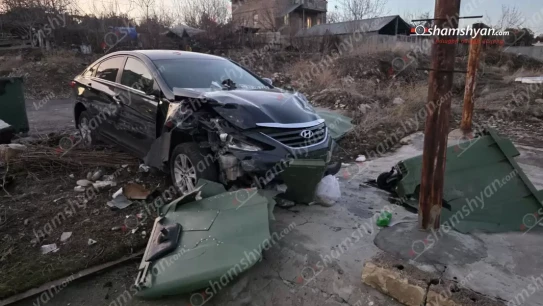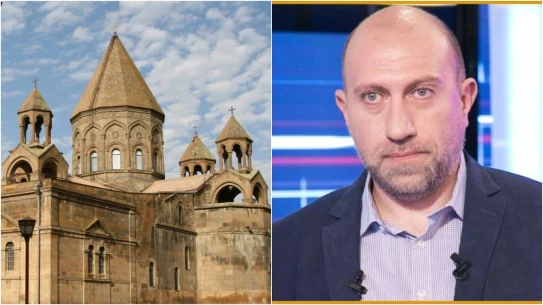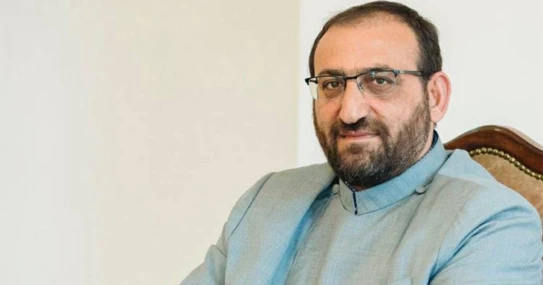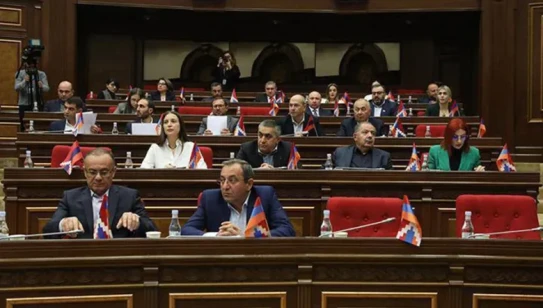The "Fact" daily writes:
India-Pakistan conflict has been in the world's most widely and strategic contradictions due to a large-scale war, taking into account the existence of nuclear weapons of the two countries, and the continuous dispute in Kashmir.
Recently, the terrorist attack on the settlement of India's South Kashmir Anti-Soviet Union has recently caused the Indian side accuses the Pakistanian side that the floss of terrorism leads to that country.
This followed by India's operation "Sindur", which aimed to prevent the activity of Pakistan-funded and encouraged arms in the sovereign territory of India. Within the framework of the operation, the Indian side strokes "terrorist infrastructure" both in Pakistan and Kashmir, which is managed by Islamabad.
Despite New Delhi, this operation is presented as a necessary defensive step, Pakistan interprets it as an aggressive attack, which turned tensions into a military conflict between the two countries. In the current tense environment, the activity of outdoor actors outside of South Asia was also noticeable.
In particular, Turkey and Azerbaijan immediately began to support Pakistan, at the level of military cooperation and in the diplomatic field. Turkish President Erdogan's recent statements in Kashmir and emphasize Pakistan, as if the "righteous struggle" intended not only to show an Ankara's role in South Asia to deepen regional influence.
Azerbaijan, who deepens cooperation with Pakistan, including weapons from that country, also rushed to express its support to Islamabad. There are even protests in Azerbaijan in support of Pakistani.
However, unlike Azerbaijan, which imports weapons from Pakistan, Turkey supplies specific Turkish weapons to the Pakistanian side, in which military drones occupy an important place. And even in the face of Pakistan-India clashes, rumors spread rumors that Turkey is carrying out arms transportation to Pakistan.
Naturally, India's response to Turkey and Azerbaijan did not end. In New Delhi, active steps were taken to counteract Turkey-Pakistan-Azerbaijan tandem. First of all, information was spread that India has banned the import of goods from Azerbaijan.
Then they started calling for Turkish and Azerbaijani goods to boycott inside India. The videos in social networks showed how Indian sellers remove the kiosks with the sticks of "Made in Turkiye" and crossed the cross labels.
A number of Indian travel agencies have announced the decision to stop selling all tourists to Azerbaijan and Turkey. Cooperation with Turkish Airlines even suspended. This is an economic blow to Turkey and Azerbaijan, as thousands of Indians are important for the tourist sector of those countries.
In recent years, Armenia has become the largest buyer who acquires weapons from India. Only in 2022-2023 Armenia signed more than $ 1.5 billion in defense agreements with India.
Baku claims that India's arms supplies to Armenia are creating a problem for Azerbaijan's security. Within the framework of that circles, Azerbaijani Deputy Foreign Minister Yalchin Rafiyev states that India should be careful in Armenian-Azerbaijani relations. However, it is natural that the support of Pakistan's Baku and Ankara will increase the readiness of India to implement new supplies for Armenia.
Since Indian armaments have been quite good during real military operations in terms of controlling various targets within Pakistan within the framework of "Sindur" operations and destroying terrorist objects, they can play a restraining role in the case of possible aggression of Azerbaijan. And through Armenia, India has the opportunity to curb the growing ambitions of the Turkish-Azerbaijani tandem. In this context, deepening strategic cooperation with Armenia becomes one of the important directions of India's foreign policy. It should be noted that many weapons that India supplies Armenia are the result of joint Russian-Indian initiatives, and that is why the consent of the Russian side is needed. However, the problem is that the dynamics of the Armenian-Indian relations should not be limited to purely military supplies. It is obvious that Armenia can become a partner in the South Caucasus in the South Caucasus. It is necessary to take into account that India is currently a country with the most populous population, whose population has passed 1.4 billion, as well as the fifth largest economy in the world, excess even in the United Kingdom. This country is considered to be a giant technology, pharmaceutical, textile, information technology, and its economic growth is even more than China. However, the enormous potential of relations with India is not fully used. Instead, the Armenian authorities continue to be focused on suspicious "peace agenda" with Azerbaijan and Turkey, as a result of which the Armenian side is constantly making concessions. Meanwhile, the expansion of bilateral relations with India can give an additional advantage to the Armenian side. Cooperation may include a number of directions, from the involvement of high-tech companies in India in the Armenian market, given that India is one of the world's pharmaceutical centers. Educational cooperation, cultural exchanges, tourism development, especially in terms of engaging Indian visitors, as well as promotion of infrastructure investments, given that India has a rather active investment policy in the global south. And although a large number of Indian citizens come to Armenia, it is only a small percentage of the potential for cooperation. To date, no major initiative has been registered, which could position Armenia as a reliable economic partner of India. Armenia's foreign policy is missing the long-term strategy to promote cooperation with India.
Arsen Sahakyan
















